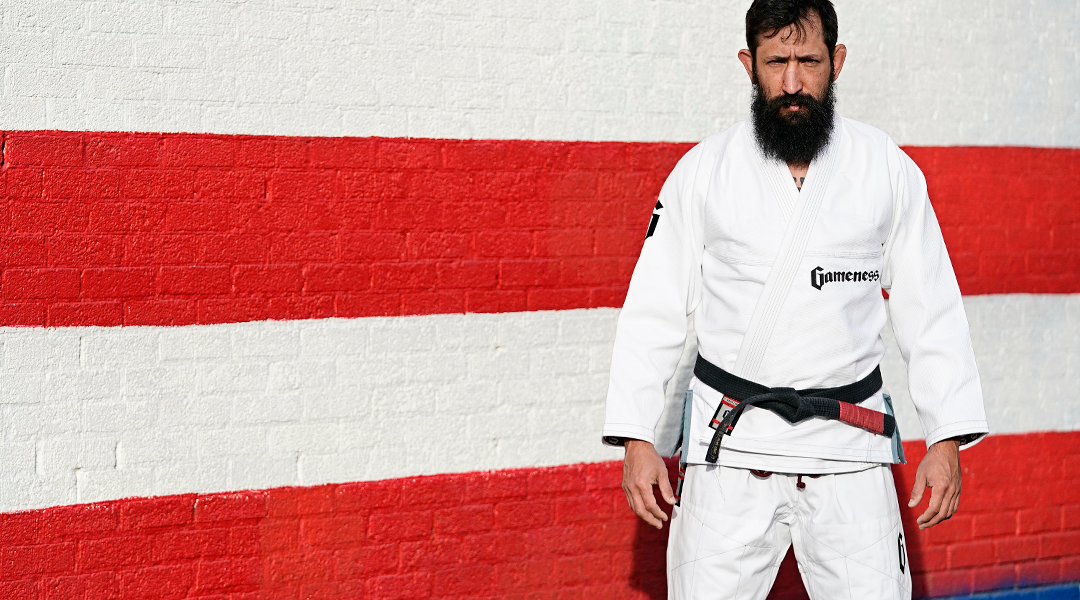
Is Money an Issue in BJJ?
In this world, money is the means to most things and Jiu-Jitsu is not an exception. You need money to train and jiu-jitsu is not particularly cheap, especially for younger practitioners and students.
Academies nowadays charge up to five or six times more than regular fitness gyms. This is because you have a specialized instructor teaching you very useful and desired skills, unlike a gym when you go by yourself and use weights. Regardless of why your academy costs as much as it does, people have to pay and support the academy as a business, whether it’s easily affordable or not. But the truth is, for students, making consistent payments is difficult and this can easily interrupt progress. A lot of times people say, “well why don’t your parents help out” – that’s a bit of a naive view since not everyone has that luxury, they have to do everything on their own. Some gyms offer student discounts, but even in this case it’s difficult to make the payments. This becomes a real test of conviction for these practitioners since they have to decide whether they should sacrifice something else to make training payments or just train when they can afford it. People do stop training because of money issues and it is an unfortunate shame.
In places like Brazil, where poverty is a lot more prevalent than in North America, there are actual free jiu-jitsu programs available in favelas (slums) for residents, usually run by the kind and more fortunate practitioners in the region. Kyra Gracie, Ricardo Vieira and many others have taken on this type of project to allow less fortunate people train jiu-jitsu when they can’t afford membership or even a gi.
Usually these practitioners don’t even have their own gis. Instead, there is a community stash of gis available for the classes, all donated. Gis are taken from the pile at the beginning of class and returned at the end to be washed for the next day. Also, many teachers in Brazil are kind enough to allow those who are serious about training to even sleep at their gyms. These housed athletes usually choose to become pro jiu-jitsu competitors, so by living in the gym all they want to do is train. Julio Cesar at GF Team is one of these kind souls and has bunk beds on the mezzanine of his gym to allow serious visitors and less fortunate practitioners to live and train there.
In North America this kind of charity is less common, mainly because far less people need that kind of treatment. But even then there have been many talented young students ruin their progress because they couldn’t make payments every three months, or whatever the payment plan was for them. The solution? Perhaps instructors and gym owners need to identify the student’s situation and really decide if they deserve some charitable treatment – perhaps even give them some credit and have them pay the loan months later.
